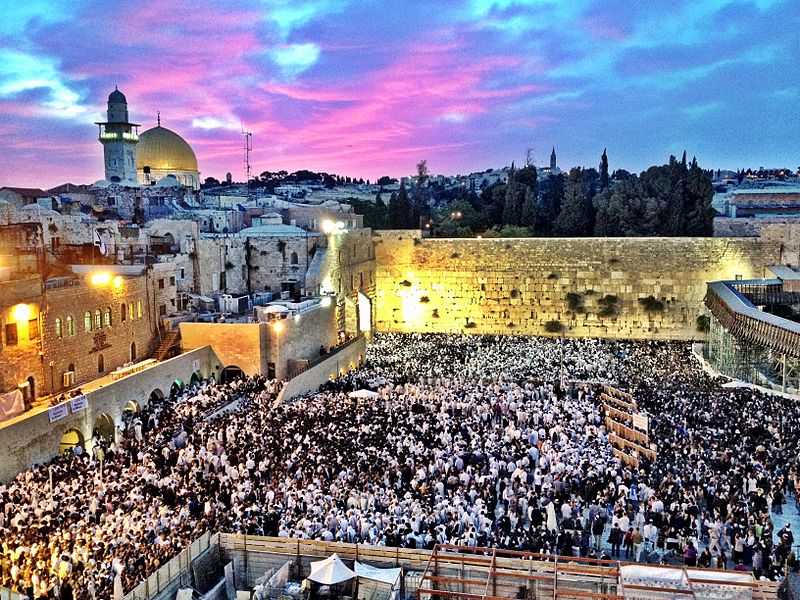I struggle to find the right words to describe the speech and shiur that I heard from MK Dr. Ruth Calderon last evening. I am not interested in writing a summary, although to be sure, I will share some of what she said. I am trying to avoid any judgment good or bad of her or her approach. To judge is to miss the point of what Calderon represents.
My first thought is of Rav Kook, Rav Nachman and Rav Tzadok. Through their thought I might find some way to take her secular view and somehow make it religious or holy. Still, this would be wrong. Her words need no redemption. She needs no Orthodox imprimatur of approval for her ideas. Here’s the thing. If we in the Orthodox, or frum, or religious or whathaveyou world are to learn from and with Jews like Calderon, we need to recognize a simple, but some sometimes not so obvious truth. The Torah is not ours to share. It is Gods. He has given it to us, but to us in the broadest sense. To the whole Jewish people. We can not and must not insist on controlling it. We can refuse to learn Torah with anyone who will not do so on our terms and in our way, but in doing so, we not only cheat others. We also cheat ourselves.
The truth is, I’m not so sure we want to refuse. Calderon movingly told the story of a charedi man who saw her learning dafy yomi while they were waiting at a pharmacy and decided to give her a faher (oral exam). She not only passed, but discovered that, at least for a few moments, a gemara could serve as common ground between any two Jews.
I have heard people object to her teaching Torah that is disconnected from God. That can not be further from the truth. She constantly speaks of God in very real ways, ways that feel almost shocking when I think of how rarely I and other Orthodox Jews might talk about God when we learn or teach. She is not halachically observant (although even that needs to be qualified, and a large degree of nuance) but that is not the same thing as being Godless. In fact, I can’t imagine that I am the only one who sometimes loses God in the details of halacha.
Allow me to suggest a different way that we might look at Dr. Calderon’s Torah ideas, one that is based on something she said last night in her shiur. As with her more famous shiur that she delivered in the Knesset, Calderon shared her creative reading of a piece of aggadah. As much as I was impressed by the content of the shiur, I was equally impressed by the way she described her relationship to Torah. She spoke about the aggadot of the gemara as art, and how each one speaks to her about many of the most important parts of her life. As with any good teacher, Calderon is an artist. Rather than discussing the painting that we would paint, or the one some might rather she paint, try to take in the image she is creating. Her ideas about God, Judaism religion and Torah will challenge you. They will make you think. Even more than we owe it to her, we owe it to ourselves to listen to her Torah.


